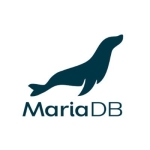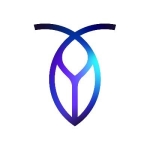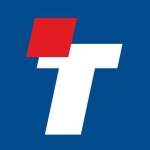The main features that I take into account when I talk about databases of any kind are high availability, reliability and manageability. Oracle RDBMS has all that.
The high availability and reliability with Oracle RAC, Oracle Dataguard and Oracle Flashback, the manageability with several views and packages like Advanced Workload Repository(AWR), Active Session History(ASR), SQL Tuning Advisor, SQL Plan Control, and many others to monitoring and troubleshooting issues and bottlenecks, are valuable features.
With Oracle RAC, we can reach near to the dreamed 99.999% of availability in a year. Oracle Enterprise manager allows us to see the "big picture" and take proactive actions to maintaining the environment.
Oracle RDBMS has great features, but I believe that Oracle could be more flexible with the offering of some extra options, and include them in the main license. Today, a High Availability or MAA environment with an Oracle database is already expensive, plus with those extra options, it could increase the cost much more.
Oracle RDBMS has a lot of features and is extremely stable, but all this come with a
price, and in this case a big one. So, I would advise you to use Oracle RDBMS mainly for
medium and large enterprises. For small enterprises, I advise using other RDBMs, like
SQLServer or PostgreSQL.















I have been using Oracle for 20 years and it is by far the best database I know.